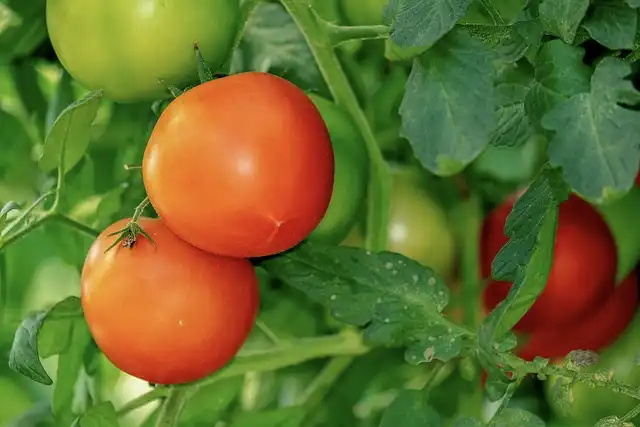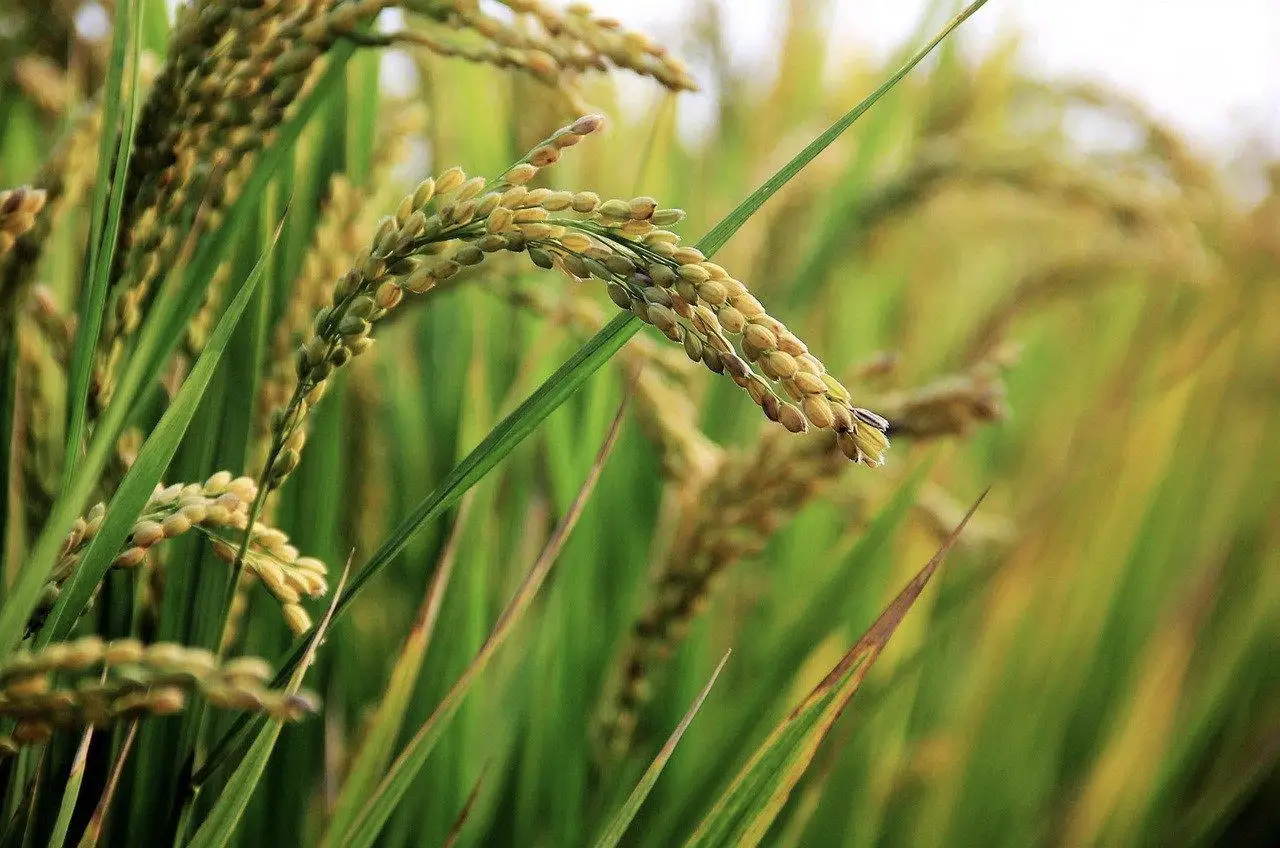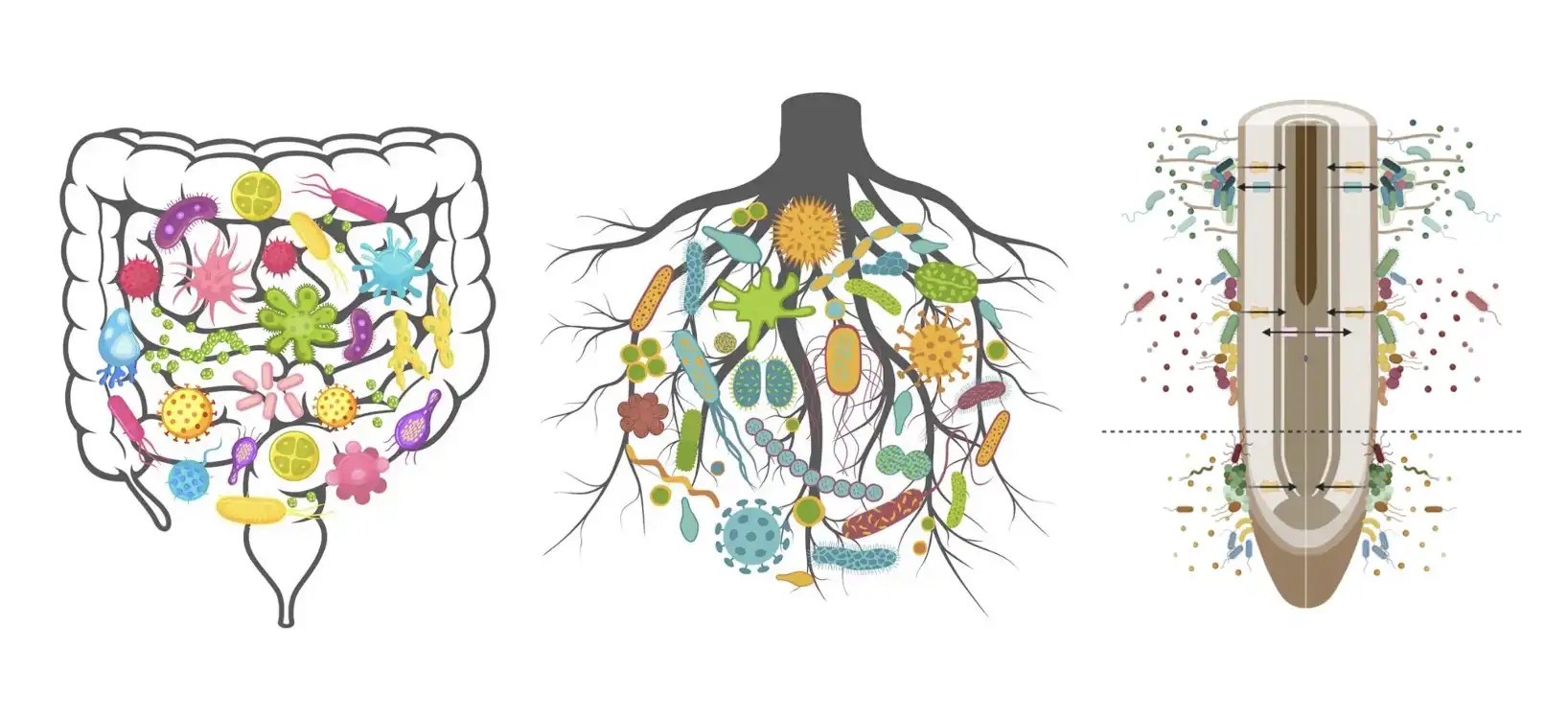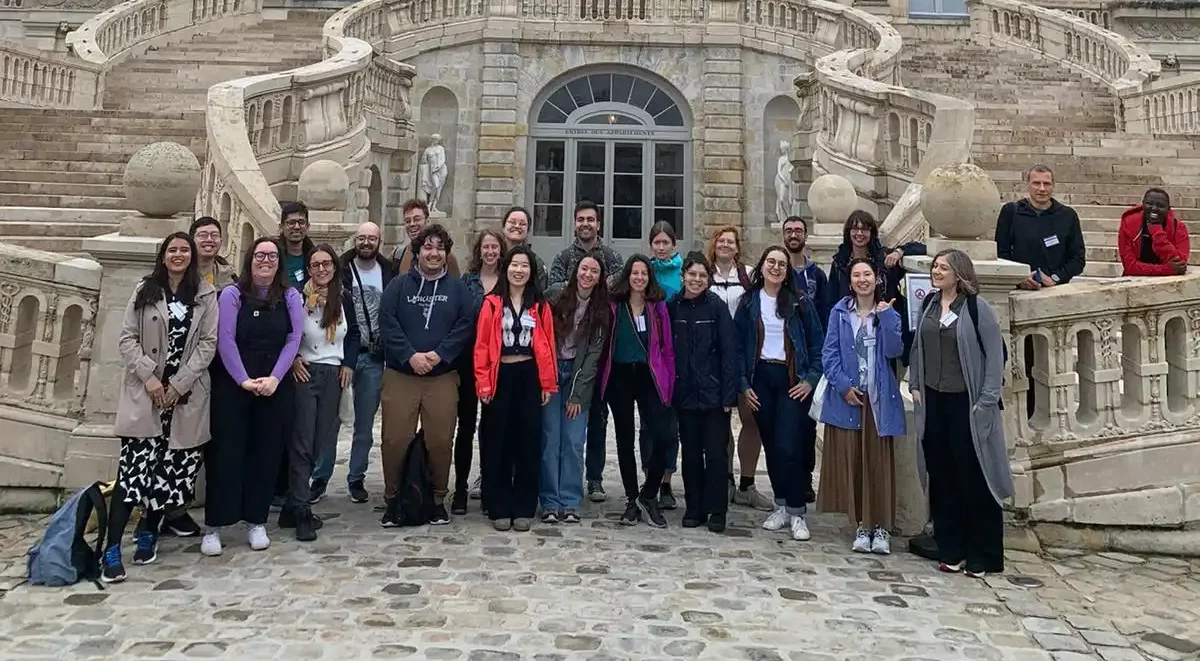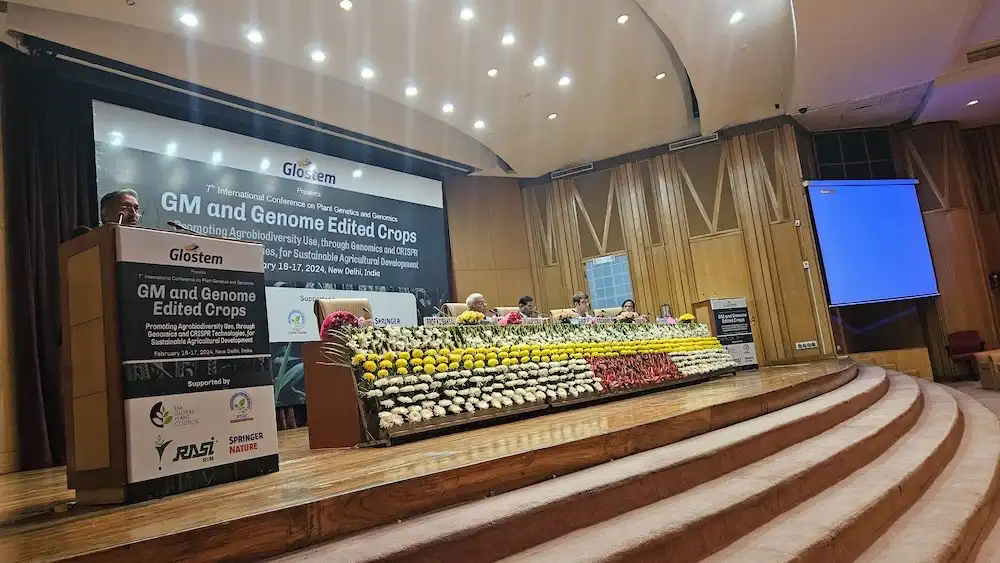
More than 3,000 botanists from 95 countries gathered at the XX International Botanical Congress in Madrid, held between 21-27th of July 2024, and issued ten calls for action, putting plants at the center of society’s path toward a sustainable future.…
Read More


